Stress Acne Causes and Treatments to Relieve Your Skin Anxiety



Runa Bhattacharya


Whether you’ve had acne-prone skin since you were a tween, or you’re just starting to deal with acne as an adult, one thing’s for sure—breakouts are a bummer. It's almost as if your skin behaves and waits for the perfect time to put on a show (like a wedding, an important presentation, a first date, or that high school reunion you’ve been anticipating), and then boom—the pimples just appear out of nowhere. Bottom line: Acne happens to everyone and for various reasons.
Acne breakouts can be triggered by your medication, diet, allergies, skin conditions, environmental stressors, or just being human. It’s no secret that the past few pandemic-ridden years have been filled with stress triggers for all of us. From WFH and job-related woes to isolation and mask-wearing, our bodies, minds, and skin have undergone very real increased physical and psychological stress levels.
So, if you’re breaking out now more than ever, and you can’t blame the onset of puberty, stress could likely be the cause of your adult acne. We talked to board certified dermatologists Anthony Rossi Jr., MD, and Rebecca Marcus, MD, FAAD, for expert advice on the causes of stress acne, how to deal with the unexpected onset of zits galore, and what skincare products and medications can potentially save the day.
It's about glam time you treated yourself.
Join IPSY

MEET THE EXPERT
Anthony Rossi Jr., MD, is a board-certified dermatologist and founder of Dr. Rossi Derm MD. He is recognized internationally as a leading expert on sensitive skin.
Rebecca Marcus, MD, FAAD, is a board-certified dermatologist and founder of Maei MD.
What Is Stress Acne?
First, let’s talk about stress itself and how it impacts your body. Stress—whether based on real issues or what we’ve created in our heads—can elicit a physiological response that impacts how your body works inside and out. It can cause stress-related hair loss, eczema and psoriasis flare-ups, wrinkles, dark circles, premature gray hair, autoimmune issues, and more.
In fact, one dermatology study showed that 71 percent of adult women contributed stress to the cause of their adult onset acne. “Generally speaking, many people will say that they break out with acne flares during periods of stress, and there’s some biochemical basis for this,” Dr. Rossi tells us.
But what’s the stress-to-acne-formation pipeline? Dr. Marcus says acne is caused by three main factors: hormones, clogged pores, and bacteria. When there’s stress, “It can cause hormonal changes that trigger a cascade of inflammation and increased oil production, which then leads to acne,” she explains. “All acne is hormonal in some way.”
What Does Stress Acne Look Like?
Stress acne tends to pop up on the oiliest parts of your face, thanks to excess sebum production. “It mainly appears in oil gland-rich areas such as the nose, forehead, chin, and mandible,” Dr. Rossi says. Stress-related breakouts tend to appear quickly, with multiple breakouts that can vary in size and appearance. They can look textured, they can look like blackheads or whiteheads, or they can look red and inflamed, and your skin may look shinier due to the overproduction of oil. All acne even has the potential to manifest as cysts. So, in other words, you can’t identify stress-induced acne by appearance alone.
While breakouts that happen cyclically (like ones surfacing around that time of month) are also related to fluctuations in hormones, you’ll know the difference because of their timing and whether or not they appear in the same areas each month (e.g., your jawline and cheeks). “Many times these acne lesions are cystic or papular pustular instead of the open comedones (blackheads) that are more common in comedonal acne,” Dr. Rossi says.
What Causes Stress Acne?
When it comes to stress-related breakouts, stress hormones are of key importance. “Stressful situations or chronic periods of stress end up releasing the hormone cortisol through an intricate hormonal activation pathway in the body, involving the adrenal glands, the brain, and finally the sebaceous (oil) glands of the skin,” says Dr. Rossi.
So how does cortisol cause acne? “The corticotropin-releasing hormone (triggered by stress) stimulates sebaceous gland lipid production and steroidogenesis (the formation of steroids), which contributes to acne,” Dr. Rossi adds. In other words, cortisol tells your sebaceous glands that it's time to act out, which in turn overproduces oil and skin cells, causing clogged pores and breakouts and blemishes to appear.
There’s one upside to this issue, however. If you haven’t experienced major breakouts up to this point, don’t expect a stressful situation to lead you down a dangerous path. “Stress is most likely to trigger acne in those who are already acne-prone,” Dr. Marcus says.
Now that we know what happens inside our bodies, let's talk about outside influences. “When it comes to stress acne, first identify triggers. If it’s emotional stress, then adaptive methods to combat this are important, not just for your acne but for your overall well-being. Adjusting your focus, meditating, and biofeedback may all be good interventions,” says Dr. Rossi.
Whether it's short-lived stress, or chronic stress, identifying what’s causing it and taking steps to deal with the causes (like talking it out, going to therapy, or trying deep breathing exercises) in a healthy way are the most important steps to improving your overall health, inside and out. To start, focus on eating a healthy diet. “Avoid refined sugars or simple carbohydrates (high glycemic index foods), which have also been shown to exacerbate acne,” Dr. Rossi recommends.
The Best Stress Acne Treatments
Let's begin with the basics: Focus on your overall physical and mental health and wellness. “Start hydrating more, improve your intake of fruits and vegetables, exercise daily, and become even better at your skincare routine (focusing on twice a day), to cleanse and hydrate,” says Dr. Rossi. All of these small changes can help boost your immune system from the inside out, while the following acne treatments can help from the outside in.
1. Benzoyl Peroxide Might Be Your BFF


“To treat acne, comedolytic agents such as benzoyl peroxide wash are helpful to combat the P. acnes bacteria that can flourish and cause breakouts,” Dr. Rossi suggests. Benzoyl peroxide (which has been around for ages), helps fight bacteria at the source while calming inflammation. It works on several different types of acne, is gentle on the skin, and comes in loads of formulations. When it comes to benzoyl peroxide, we love a good topical spot treatment that you can dab on at night to help treat while you sleep. Try DR. ZENOVIA 5% Benzoyl Peroxide Acne Spot Treatment made with five percent benzoyl peroxide to kill acne-causing bacteria, calm redness, and help fade discoloration.
2. Niacinamide Is Your Secret Weapon


“Look for products that have niacinamide, which is a potent B vitamin antioxidant that helps calm inflammation in the skin,” Dr. Rossi recommends. Niacinamide also helps regulate oil production, the main component of stress acne, and, even better, it plays nice with other ingredients like salicylic acid and hyaluronic acid so you don’t have to worry about adding it into your skincare routine. Try DR. ROSSI DERM MD The Solution Resurfacing Lactic Essence. This serum incorporates anti-aging ingredients like hyaluronic acid and lactic acid to combat acne while improving the overall appearance of your skin.
3. AHAs Are Amazing for Acne

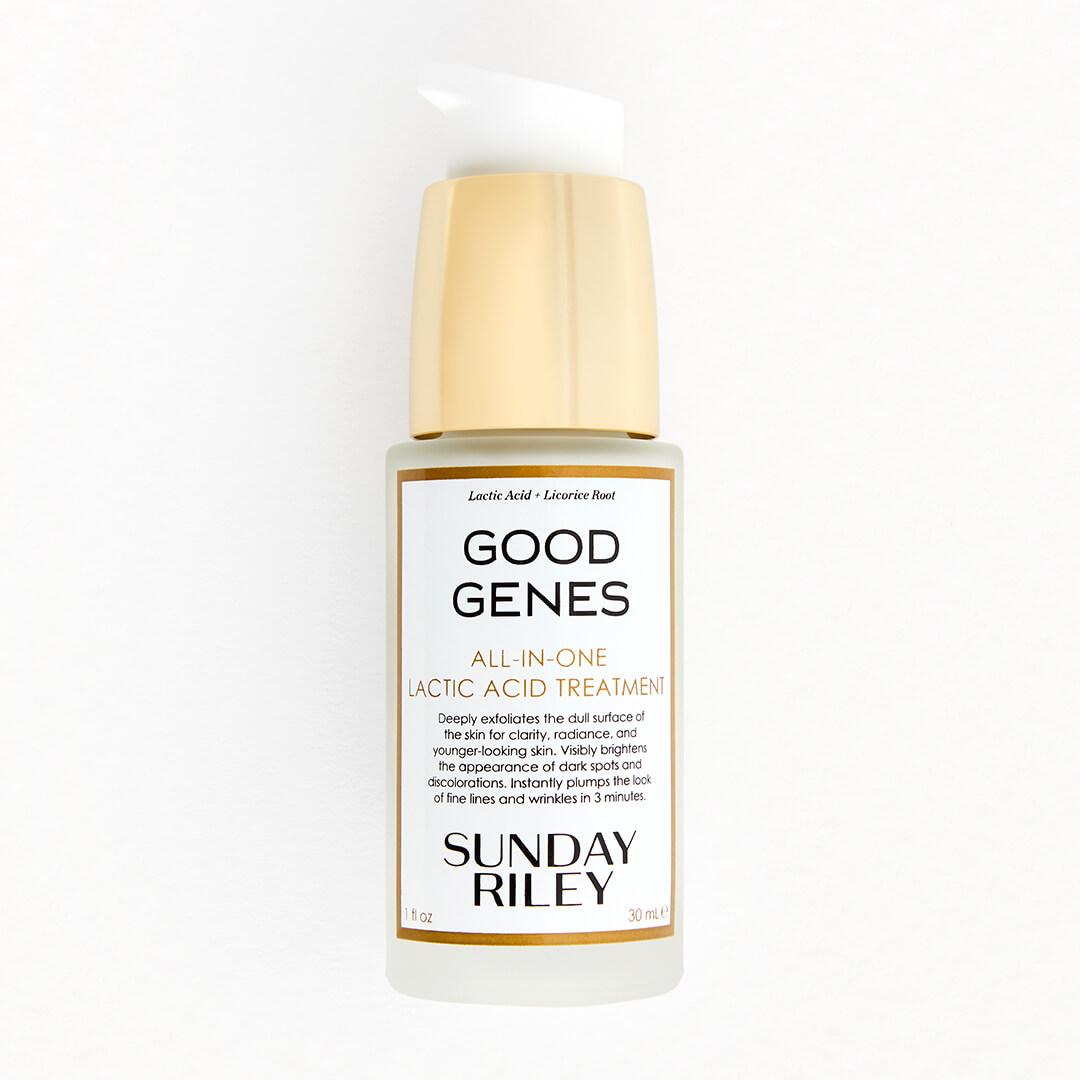
“An alpha hydroxy acid such as lactic acid is also a great way to combat acne. It gently exfoliates the skin and gets rid of dead skin cells and the dull stratum corneum that can lead to comedones and ‘clogged’ pores,” Dr. Rossi says. They brighten up the skin, boost collagen, prevent and treat acne, and leave you with an even-toned glow. Our favorite lactic acid-packed treatment: SUNDAY RILEY Good Genes All-In-One Lactic Acid Treatment (it’s a fan fave of our subscribers, too). Just like with a retinoid or retinol, it's important to be diligent about applying and reapplying sunscreen when you’re using an AHA (they make your skin super sensitive to sun exposure).
4. Hands off, Babe (Do It for Better Skin)

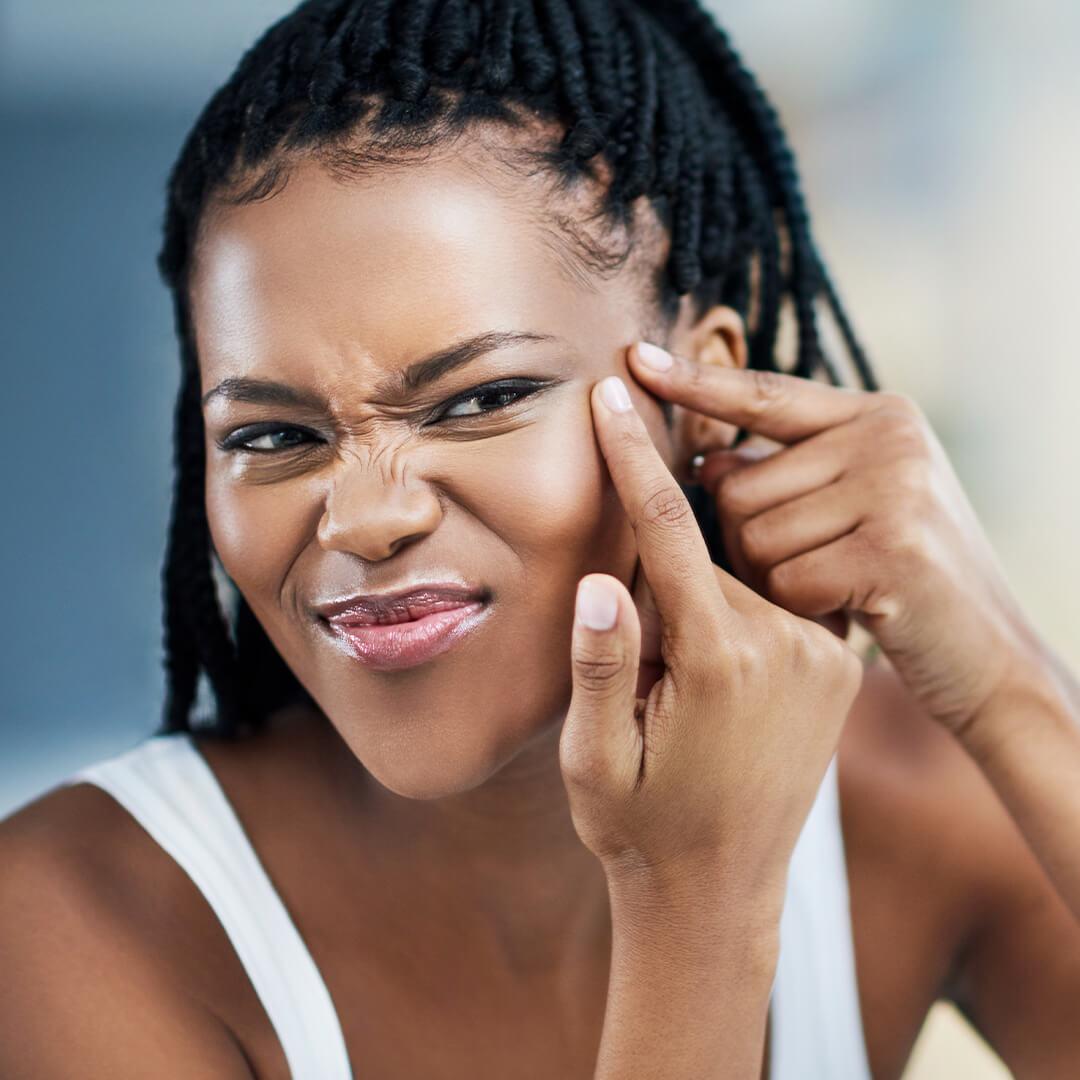
“Never squeeze, pop, or pick. These are cardinal rules for acne that could lead to further scarring,” says Dr. Rossi. So if you’ve got a breakout (especially if it’s cystic acne) that you’re itching to attack, maintain a hands-off policy—your skin will thank you later.
5. Medication Might Be the Answer


Before you get freaked by the “M” word, just remember all meds are different with varying levels of intensity. Something like Accutane, for example, is an extreme—and there are far milder options to help you professionally tend to your skincare misfortunes. Medications are important to consider because some levels of breakouts can’t be fixed by a powerful serum or cleanser.
“Medications that modulate the sebaceous gland, such as spironolactone [commonly sold as CaroSpir; treats overproduction of the aldosterone hormone] and clascoterone [aka WINLEVI; used to treat acne vulgaris] will be particularly helpful in the treatment of stress acne,” Marcus says. But even the right antibiotics could potentially do the trick.
Want access to the best cleansers, creams, and other acne-fighting products? Take our Beauty Quiz now to start filling up your first IPSY Glam Bag. Already a subscriber? Refer your friends to earn points, which you can use toward products. Either way, don’t forget to check us out on Instagram and TikTok @IPSY.
Like this article? Share it with your friends by clicking the icons below!
Liked this post? Share!
Related Stories
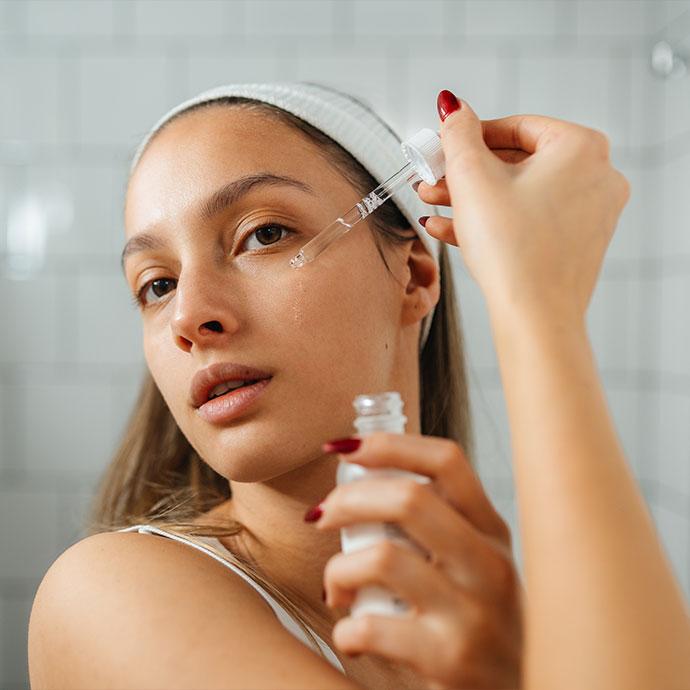
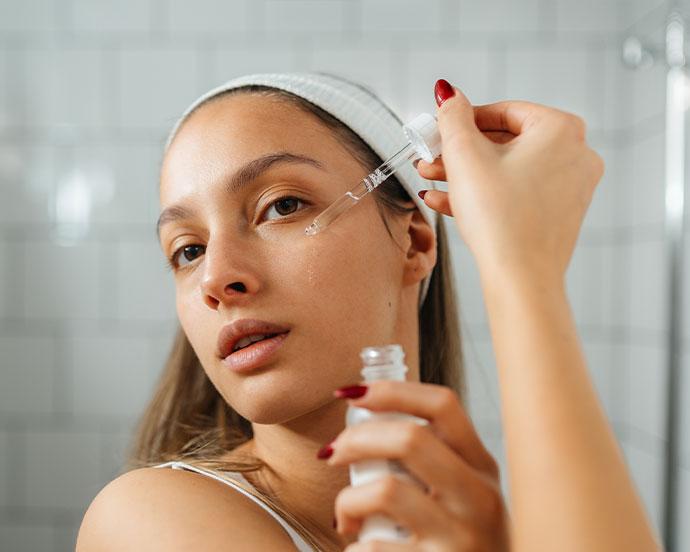
Skin
Rebound Hydration Is the Skin Reset Your Barrier’s Been Asking For
Published on Jan 28, 2026 • 3 min read
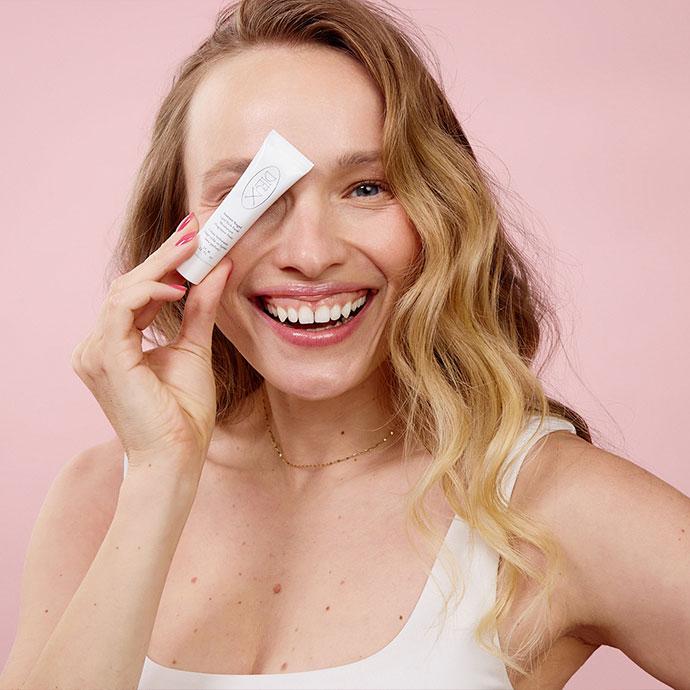
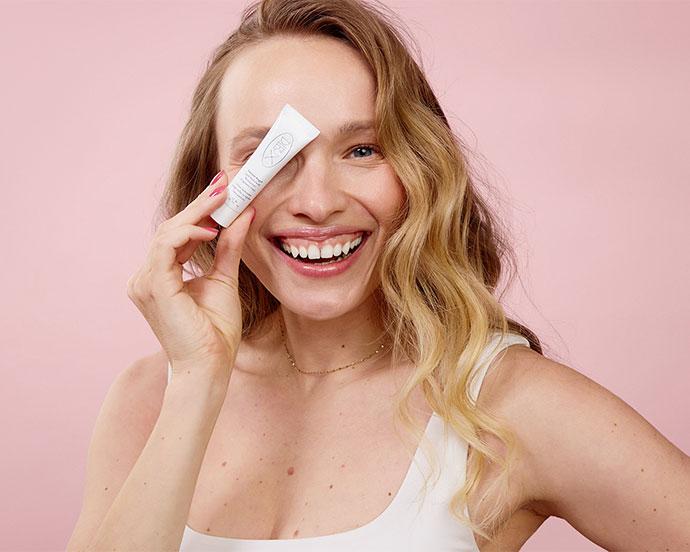
Skin
The No-BS Skincare Movement Starts With DIEUX SKIN
Published on Jan 27, 2026 • 4 min read
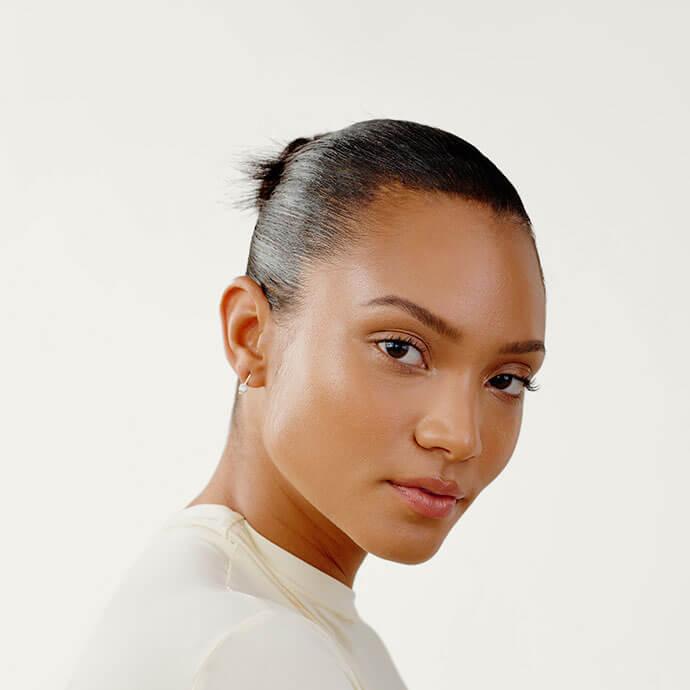
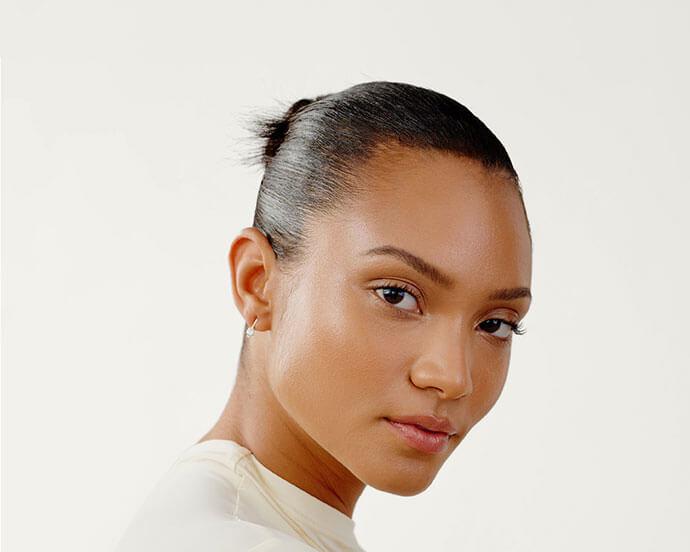
Skin
Skinimalism Is the Ultimate Stripped-Back Skincare Trend
Published on Jan 22, 2026 • 6 min read


Skin
Spring Is Coming—Is Your Skincare Ready?
Published on Jan 15, 2026 • 4 min read
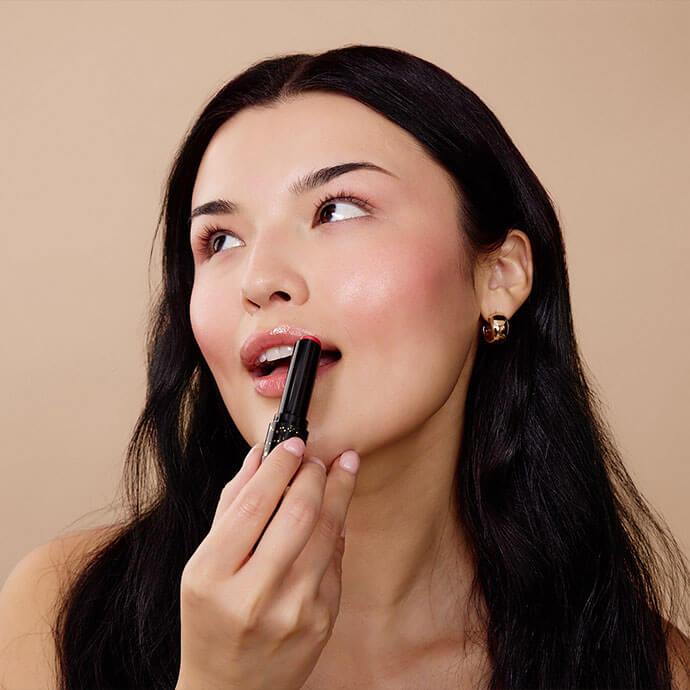
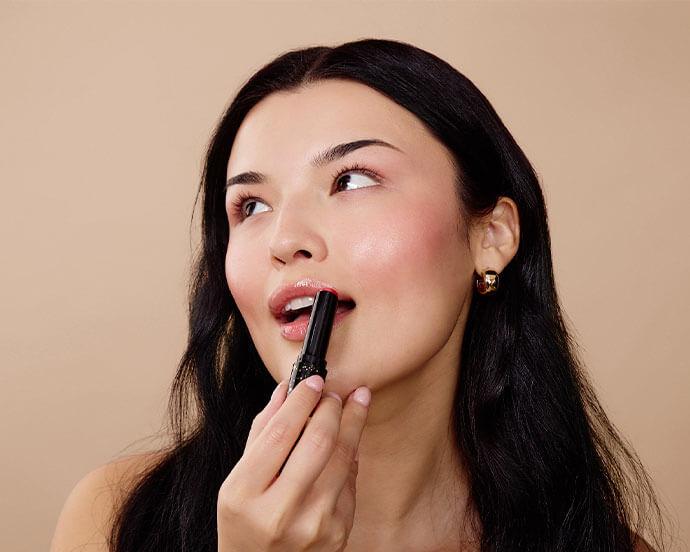
Skin
The Hydration Sandwich Trend Will Save Your Dry Lips This Winter
Published on Jan 13, 2026 • 4 min read


Skin
What Is the Skin Barrier & Why Is Everyone Talking About It?
Published on Jan 12, 2026 • 6 min read


Skin
The New Year Is the Perfect Time to Get Ahead of Inflammaging
Published on Dec 15, 2025 • 8 min read
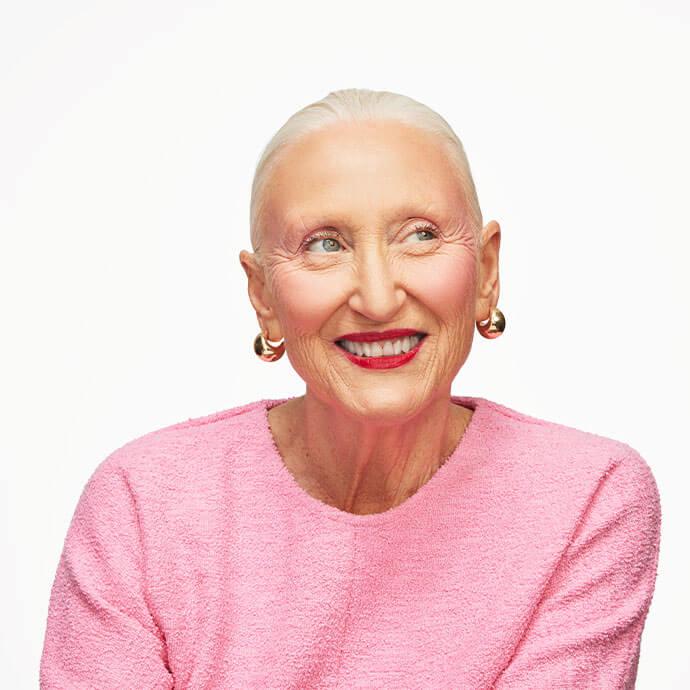
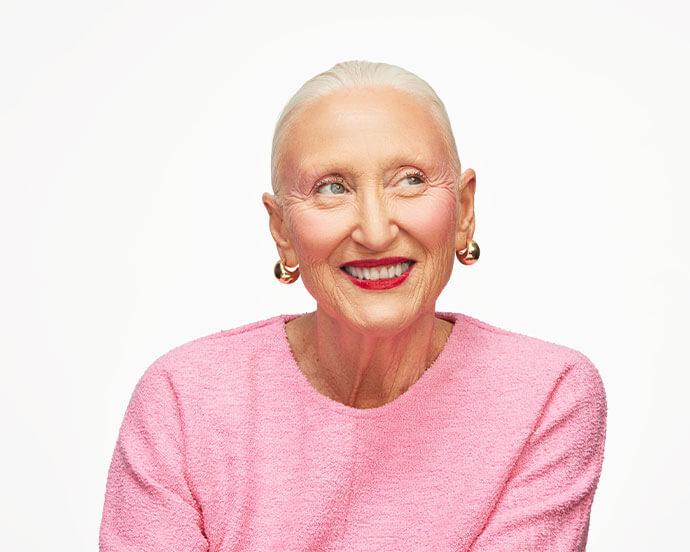
Skin
How to Adjust Your Skincare Routine for Mature Skin in the Winter
Published on Dec 4, 2025 • 7 min read


Beauty Picked Just for You
Get 5 products worth up to $70
Plus exclusive access to epic deals up to 80% off
Starting at just $14/month. Cancel anytime.